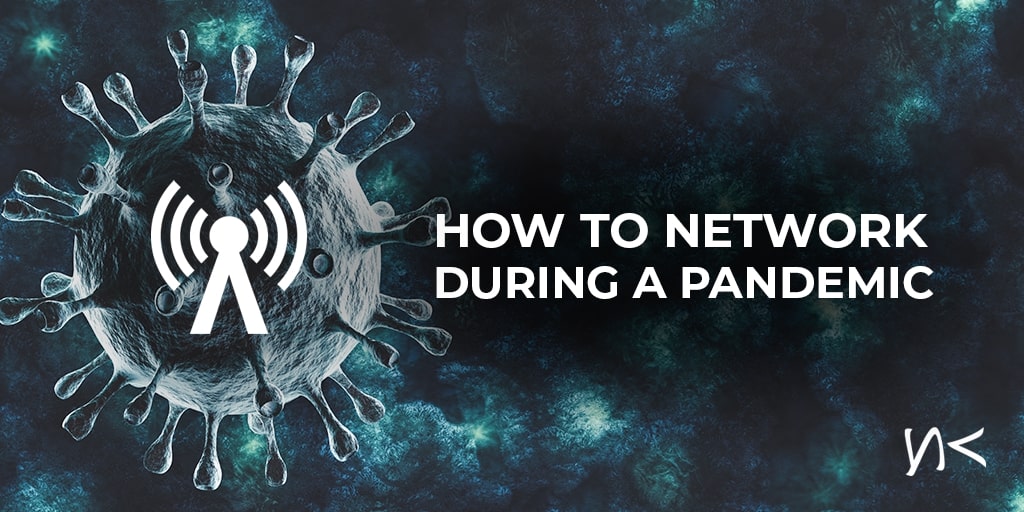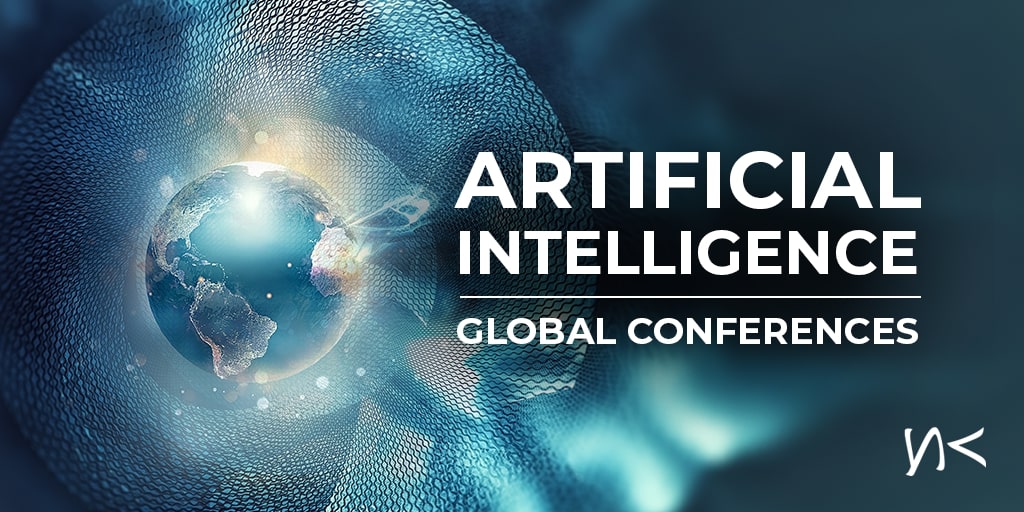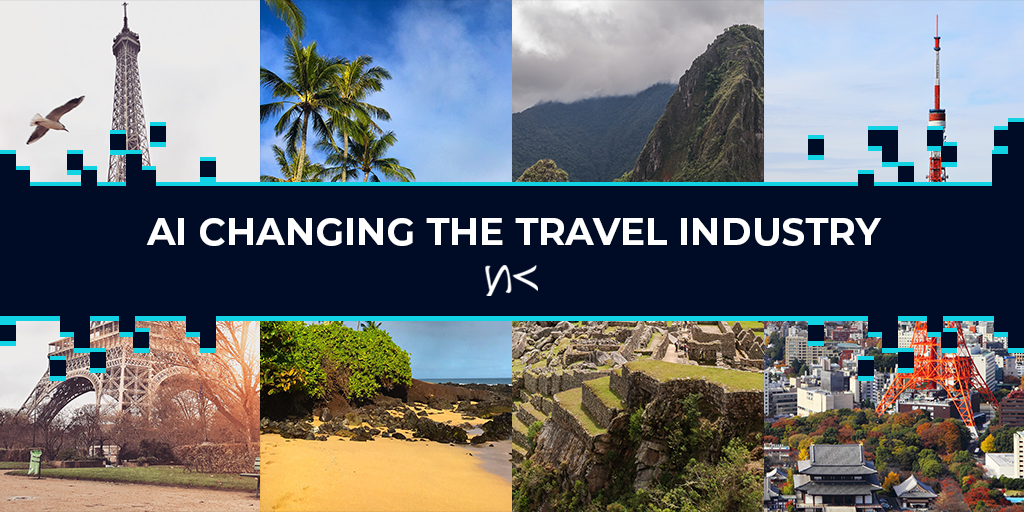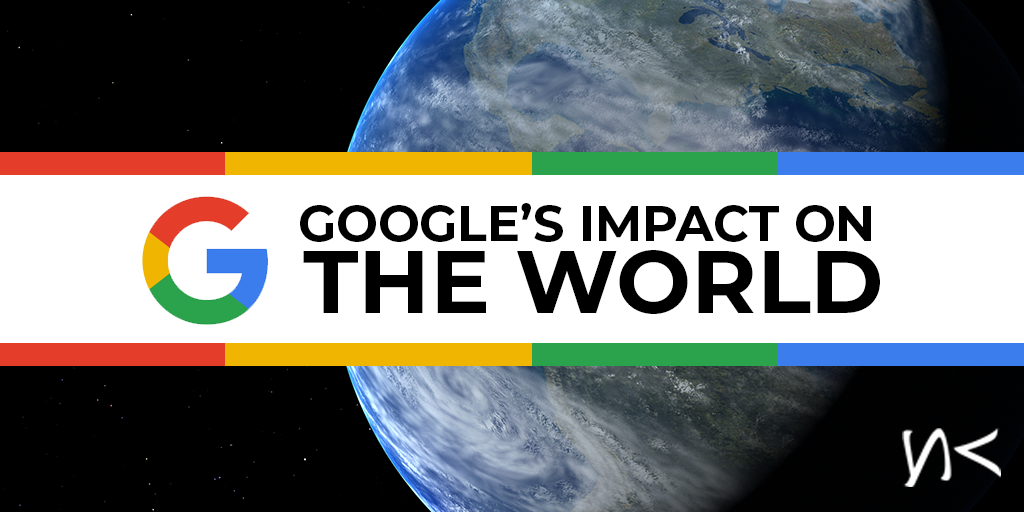The healthcare landscape is rapidly changing. We are quickly moving from a primarily paper-based healthcare system to one that is becoming increasingly digital. And in the wake of the global coronavirus pandemic, it has become even more critical for the healthcare sector to embrace technological advancement. Artificial Intelligence is one of the latest technologies that has seen a boom in the healthcare sector and has largely yielded positive results. The goal of any healthcare provider is to provide better, safer care for their patients while lowering the cost of overall care. AI can help the healthcare industry drastically improve and deliver better services for practitioners and patients alike.
Digital Health
Today more doctors and healthcare providers rely on digital health and medicine to provide remote care for their patients. Most healthcare providers allow you to schedule appointments and track your health online via their website or downloadable app. In addition, the website will enable doctors and patients to stay up to date on current patient medical issues.
Patients do not have to worry about scheduling multiple appointments to get test results or filling out tons of paperwork as more and more of their medical information can be easily stored online. Healthcare providers can send text messages and emails to patients reminding them to schedule their next visit. Patients can go to these digital platforms to get answers and stay updated on their medical history.
Digital health has also allowed doctors, nurses, and healthcare providers to administer help to patients who live in more rural and remote parts of the world that may not have access to a hospital. With just a smartphone and an internet connection, healthcare workers can provide necessary aid more swiftly or direct others to administer lifesaving first aid while waiting for emergency services.
In the wake of the COVID-19 pandemic, it is even more urgent that the healthcare industry invests in emerging technologies such as service robots and artificial intelligence that will allow them to provide care from a distance. Doctors and nurses are on the front line of fighting this virus and are more exposed than anyone else to the disease. With rapid increases every day in patients coming into the emergency room for symptoms related to the coronavirus, many hospitals are overworked and understaffed. Advancement in healthcare technology could allow them to administer better care to their patients both in and outside of the hospital. Service robots can help healthcare workers administer aid by following a healthcare worker’s commands. The service robot helps provide care to keep both patients and healthcare workers safer and more sanitary.
AI, in particular, could prove advantageous when it comes to administering aid in the operating room, diagnosing diseases, and providing patient care during recovery.
Integrating AI into Health
AI is a relatively new technology, with few currently utilizing it in the administration of health services. Still, the technology appears to be improving their ability to provide the best care for those who use it. AI has already proven useful for those in the medical cosmetics field, who have utilized the technology to access patient records and make determinations on operating procedures in the operating room in real-time, cutting down on the time they operate and eliminating the need to desterilized the OR. The AI can also control the temperature and lighting in the OR to ensure the optimum environment for operation.
Many healthcare providers are also utilizing chatbots in their practice to provide care digitally to their patients. Patients can speak with chatbots on the healthcare provider’s website and ask it common questions. The chatbot can be programmed to provide accurate and reliable answers by utilizing data it collects from numerous healthcare providers. In addition, Chatbots can help free up doctors’ time and administer more specialized care to their patients.
In the future, AI technology could even be used to help diagnose diseases. Theoretically, an AI could be programmed to recognize what certain conditions look like and use the information that it gathers to provide a proper diagnosis, much like a doctor. Researchers have already begun testing this with positive results. For example, Stanford researchers have successfully programmed an AI to diagnose skin cancer as accurately as a dermatologist.
Of course, more testing is necessary to determine if AI can and should be used for primary diagnostics, but the future of AI in healthcare looks promising. The market for AI technology in healthcare appears to be rapidly expanding as doctors and healthcare providers are finding more use for the technology in their practices. The AI in healthcare market is projected to grow from around $5 billion in 2019 to almost $100 billion by 2027.In addition, there will most likely be an increase in the desire to part due to integrating chatbots and apps to monitor patient care to reduce patients’ overall time in the hospital. In addition, there will most likely be an increase in the desire to part due to integrating chatbots and apps to monitor patient care to reduce patients’ overall time in the hospital.
AI Healthcare Companies
Many investors are eager to fund innovative technologies in the healthcare sector. As an emerging technology, AI has already proven valuable to healthcare. From Robo-nurses to surgical assistant bots to AI-powered automated dosing, AI has improved overall care and saved the hospital money. BY 2026, AI could help save the healthcare sector upwards of $150 billion. And there is an increasing market for healthcare companies to offer AI-powered services to their consumers. According to a Plug and Play article titled 9 Leading AI Healthcare Companies in 2020, the top AI-powered healthcare services companies include: Remedy Health, Subtle Medical, Quid, BioSymetrics, Sensely, InformAI, SaliencyAI, Owkin, and Binah.ai. These companies stand out for making diagnostics easier, improving hospital workflow, and processing and standardizing data faster and more efficiently for hospitals. Overall the services they provide can help make the jobs of doctors, nurses, and healthcare providers much easier and much more streamlined, allowing them to treat and deliver better services for their patients and save money and time.
When it comes to integrating new software and emerging technology into healthcare, the most critical factor that healthcare providers must consider is the quality of care that these technologies will allow them to administer to their patients. After all, it is their job to help us feel better, so the technology they invest in should operate to align with those goals. Even as technological advancements allow for quicker diagnostics and care administration, it cannot replace humans in providing the empathy that healthcare providers must have to care for their patients properly. Technology, however, can help them deliver more sterile care and help them reach patients who live far away, and keep patient files organized and secure. Thus, technology can be a valuable tool to make the job of healthcare providers more manageable and allow them to give their patients the best care possible.












